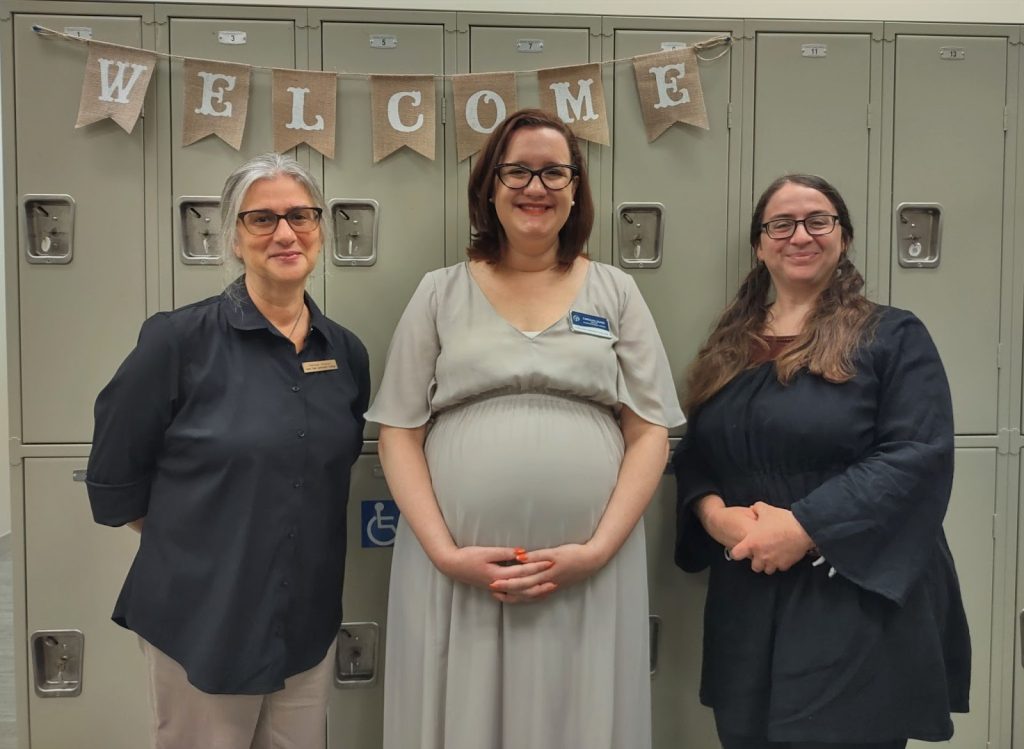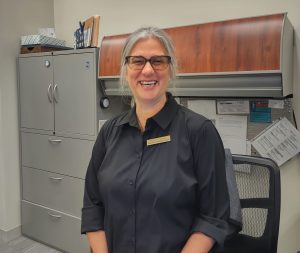CFCC Makes College Accessible To Everyone: Leveling the Playing Field

At CFCC, we believe everyone should have access to a college education. CFCC’s Student Accessibility Services (SAS) is committed to removing barriers that might interfere with a student’s academic success.
New Name, Same Services
The department recently changed its name to Student Accessibility Services to focus on the positive resources available to students who may be struggling with a learning barrier.
“Sometimes when people hear the word disability, they think that doesn’t apply to them,” shared Student Accessibility Services Director Carolyn Levine. “Or someone may think that because they have a disability, they can’t be in a program. That’s not at all what it means.”
Services are not limited to specific diagnoses. Students can have any diagnosis that creates a barrier to their learning. The diagnosis must be documented to qualify for services. Diagnoses range from ADHD, learning barriers, mental health, or physical impairment.
What Services Are Available?
SAS offers a wide range of accommodations, including separate testing rooms and accessible furniture. They also have free loans for specific items, such as:
Smart pens
Ergonomic or trackball mouse
Technology assistance
ASL interpreter
Screen readers
High visibility keyboards
Dictation software
”We can provide many accommodations for many different things,” Levine explains. “Students do not always have to use the services. They choose how they want to use them. It could be for all of their classes or only one.”
What about Service Animals?
Service dogs are welcome on campus. They do not have to have documentation or a special vest. They do have to be well-behaved.
Emotional support animals are not automatically allowed like service dogs. But, they may be permitted if the student has registered with SAS. SAS must include “emotional support animal” as accommodation on their official accommodation letter.
How to Get Started?
Stop in and visit the smiling faces in the SAS office. If you already have a diagnosis or Individualized Education Plan (IEP), bring your documentation to their office in the Union Station building, room 218.

You are encouraged to register with the department to receive accommodations in every class. Instructors are not required to make accommodations without proper paperwork. If you ask your instructors individually, some may be accommodating, while others may not. Student Accessibility Services can make sure accommodations are in place for each class.
If you are uncertain whether your diagnosis qualifies or does not have documentation, talk to the support staff. They will be happy to help you get the support you need.
“We’re not here to give anybody a special advantage,” adds Levine. “We want to give them the access they need, so they have the same chance as everybody else.”
ALL APPOINTMENTS AND INFORMATION ARE CONFIDENTIAL.

